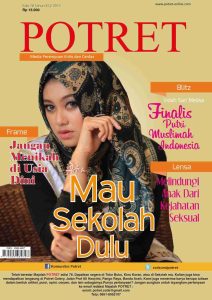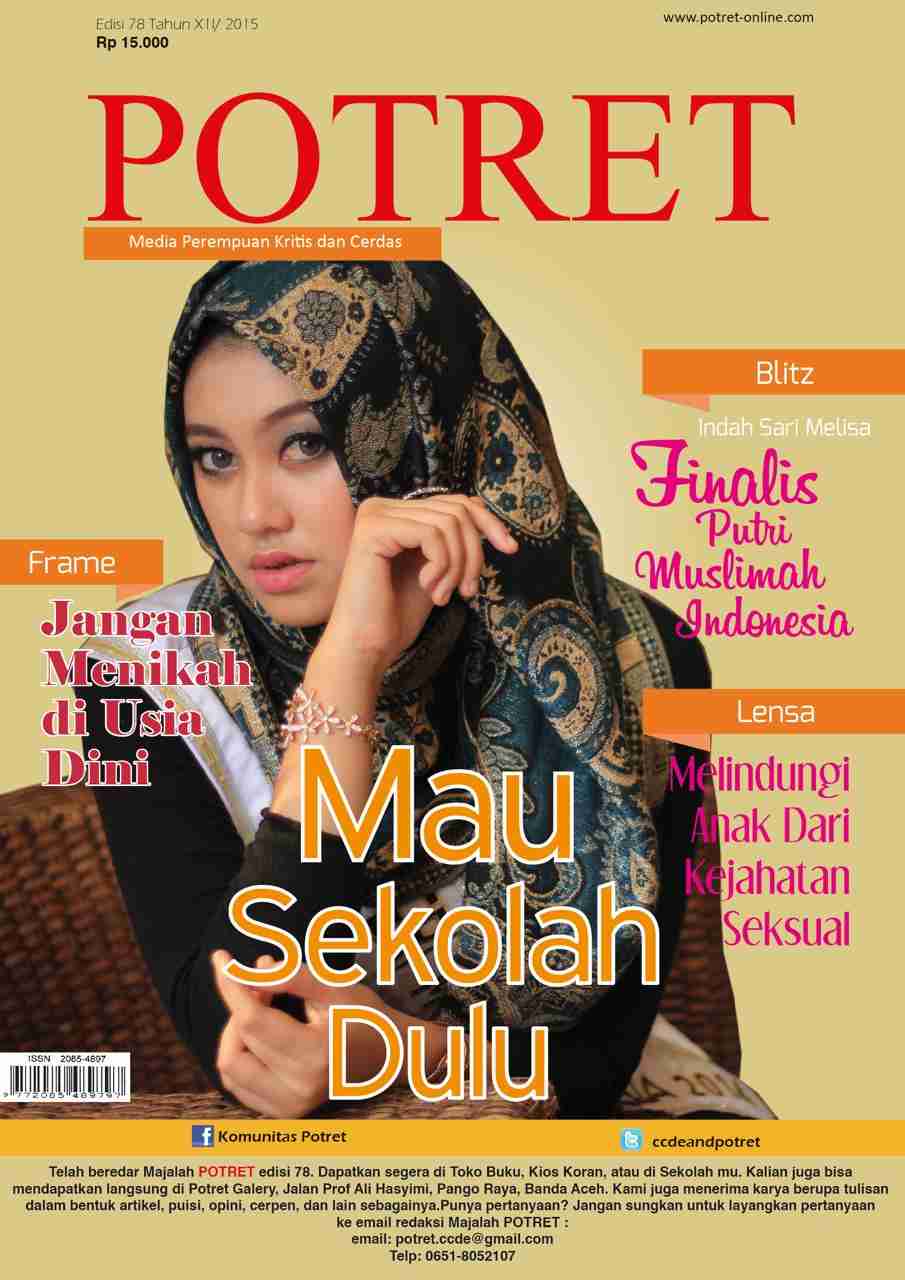Dengarkan Artikel
By Mohd Mumtaz Ali and Mohd Abbas Abdul Razak
Introduction
As one of the leading Muslim scholars of his time, in the early 80s, Mohd Kamal Hassan was appointed by the government of Malaysia to develop a concept for a contemporary Muslim institution of higher learning in Malaysia. Tun Dr. Mahathir Mohamad, the then Prime Minister of Malaysia, wanted such an academia to be international, which would make it appealing to the global community. Kamal Hassan, who was well-known for his balanced and comprehensive understanding of Islam, managed to make Mahathir’s dream a reality.
Deeply rooted in spirituality and philosophy, Kamal Hassan was able to establish a modern Islamic centre for learning which had a strong foundation in Islamic Tawhidic epistemology, which places much emphasis on the God-centeredness of life, man as the Khalifah of Allah, Islamic moral values, man’s good relationship with nature, and fellow human beings. His idea of Islam as a holistic philosophy of life shaped the university’s vision, mission, and its efforts in promoting peace and harmony within the Muslim Ummah and the world at large.
Kamal Hassan remained deeply involved in the university’s development throughout his life, until his last breath on 23rd February 2023. As a visionary Muslim scholar, he recognized that a sound spiritual and moral foundation is an essential element needed for personal development alongside academic growth. His collaboration with AbdulHamid AbuSulayman, IIUM’s second rector, further solidified the university’s unique position in higher education.
Kamal Hassan’s views on the role of spirituality in education, his holistic approach to student development, and all his other efforts made the International Islamic University Malaysia one of the outstanding Islamic universities in the world.
A Short Profile of Kamal Hassan
Kamal Hassan, a native of Kelantan, was born in 1942. He completed his education from primary school through to undergraduate level entirely within Malaysian institutions. After earning his B.A. (Hons) in Islamic Studies from Universiti Malaya, he pursued his postgraduate studies in the United States. At Columbia University, he obtained his M.A., M.Phil., and Ph.D., with a specialization in Contemporary Islamic Thought in Southeast Asia.
Kamal began his academic career at Universiti Malaya and Columbia University before joining the National University of Malaysia (UKM) in 1976. He played a key role in the establishment of the International Islamic University Malaysia (IIUM), where he served in various positions, including Professor, Founding Dean of the Kulliyyah of Islamic Revealed Knowledge, and Rector from 1999 to 2006.
During his entire career, Kamal received several national and international recognitions, including the title “Profesor Ulung” (Distinguished Professor) in 2010 and the “Tokoh AnugerahAkademik Negara” (National Academic Figure) in 2017. Though he retired in 2017 after over 40 years in academia, he continued to contribute to education as a volunteer consultant and honorary advisor.
As a distinguished Muslim scholar, Kamal Hassan’s interest was always in the areas of Islamic philosophy, contemporary issues, ethics, spirituality, and Islamic education. His works include influential books and articles on Islamic moderation, spirituality, and the integration of Islamic knowledge in education.
His Concept of An Islamic University
Kamal Hassan’s vision for the International Islamic University Malaysia (IIUM) was a unique and significant contribution to higher education. His profound knowledge, wisdom, and deep understanding of Islam enabled him to shape and establish IIUM as a distinctive Islamic institution. Unlike other universities such as Aligarh Muslim University, Darul Uloom Deoband, or Al-Azhar University—which reflect specific secular, traditional, or sectarian orientations—IIUM was designed to embody a universal Islamic worldview. It deliberately avoids alignment with any particular sect or modern ideological model (e.g., Salafi, Shia, secular, liberal), maintaining an independent stance as a global institution representing Islam in its entirety.
IIUM addresses the intellectual and educational needs of both the Muslim Ummah and humanity at large. It offers practical solutions to contemporary challenges in education through an inclusive and comprehensive approach that integrates various dimensions of Islamic thought.
📚 Artikel Terkait
The Inception of IIUM
The International Islamic University Malaysia (IIUM) was officially established on May 20, 1983. Kamal Hassan, who played a pivotal role in the university’s conceptualization and development, aimed to integrate all disciplines with the values of the Quran and Sunnah. As the third Rector, Hassan emphasized that IIUM’s growth should be transparent, inclusive, and focused on developing students not only academically but also as holistic individuals equipped with critical thinking, communication skills, and strong interpersonal relationships.
By 2002–2003, under Hassan’s leadership, IIUM had expanded significantly from two campuses to four, including campuses in Kuala Lumpur, Kuantan, and Damansara Heights. Hassan highlighted the importance of a unified vision among the university community, emphasizing the need for a collective effort to realize IIUM’s goals. IIUM’s vision emphasized the reorientation of the Muslim Ummah and mankind through education that integrates academic excellence with moral and spiritual development.
IIUM’s curriculum was designed to promote a comprehensive understanding of God, humanity, and the natural world, all viewed through the lens of Islamic teachings. Hassan often emphasized that the university’s curriculum should integrate Islamic disciplines with the positive aspects of Western civilization that do not contradict Islamic values. The establishment of IIUM as a global center for Muslim scholarship can be seen as a response to the First World Conference on Muslim Education held in Makkah in 1977, which called for the creation of educational institutions based on the Islamic worldview and the Islamization of knowledge.
IIUM, under Kamal Hassan, differentiated itself from other Islamic universities by rejecting the separation of religious and secular knowledge. Instead, all sciences were taught as Islamic sciences, with a focus on ensuring that every academic program was rooted in the Islamic philosophy of knowledge. Kamal Hassan’s vision was for graduates to be not only professionally equipped but also spiritually strong, morally upright, and capable of contributing to the development of the Muslim Ummah and the world.
His Vision of IIUM
Kamal Hassan believed that, besides the main curriculum of the university, the introduction of Halaqah (study circles) and Ibadah Camps (spiritual retreats) as co-curricular activities would further enhance the students’ spiritual and moral dimensions. As for the academics at IIUM, Kamal Hassan called on them to teach their areas of expertise in line with the emphasis found in Islamic ethics and worldview.
He believed that both the external and internal development of individuals were necessary for the birth of a progressive Muslim society. He argued that while science, technology, and economic growth are vital, they alone cannot ensure comprehensive development. Without spiritual and moral growth, development would be incomplete. His views are reflected in his commitment to creating a balanced educational system that develops both the intellectual and moral capacities of students, seeing this as key to building a prosperous and ethical society. For Kamal Hassan, the goal of education was not just economic or professional success but the nurturing of individuals who were spiritually and morally upright. Therefore, he advocated for an education system that fosters spiritual and moral excellence as a prerequisite for national and civilizational development.
Eventually, Kamal Hassan’s vision for IIUM was to create integrated personalities who would embody Islamic values in both their personal and professional lives. These individuals, equipped with a blend of professional knowledge and spiritual depth, are seen as key contributors to socio-economic and socio-political development, while preserving their Islamic identity and moral integrity. IIUM’s graduates are expected to be models of wholesome personalities who would champion the cause of positive change and promote peace and harmony in a world torn apart by war, racism, religious fanaticism, and more.
His Concept of Spirituality
Kamal Hassan’s concept of spirituality emphasizes the importance of spirituality as the foundation for solving human problems in the world. As a Muslim scholar, he did not believe that discussion alone could solve all economic, social, technological, and other problems. To him, all human problems can be resolved if humanity finds its way back to God and tries to understand the reason for which human beings have been sent to this world.
Kamal Hassan asserts that spirituality involves not only understanding the metaphysical aspects of human existence but also recognizing the presence of Allah in both the human psyche and the universe. This understanding is grounded in Islamic Revealed Knowledge (IRK), also known as True, Authentic, and Universal Knowledge (TAUK), which reveals that Allah SWT is the Creator, Sustainer, and Controller of everything in existence. According to Kamal Hassan, this recognition of Allah’s truth compels humanity to submit and obey Him, which is the essence of spirituality. Spirituality, in his view, is not just a theoretical understanding but manifests in actions, behaviours, and attitudes aligned with Allah’s guidance. Every individual’s actions should be per His teachings and aimed at seeking His pleasure.
Furthermore, Hassan emphasizes that spirituality is not limited to the human–God relationship but extends to human-to-human and human-to-nature interactions. It involves living a life of virtues, engaging in good deeds, and maintaining a strong connection with Allah in all aspects of life. This connection should shape one’s interactions with others, leading to justice, compassion, and a commitment to truth and righteousness.
He also stresses the importance of the educational system in cultivating spiritual consciousness. For Hassan, education should go beyond intellectual and academic aspects and focus on developing students’ moral and spiritual well-being. He calls for the cultivation of qualities like repentance, sincerity, contentment, and remembrance of death, all of which are integral components of spirituality. This education should aim to prepare students to live under divine guidance and promote virtues in society. Kamal Hassan describes IIUM as a “Garden of Knowledge and Virtues,” where spirituality and moral excellence are prioritized. He advocates for the integration of spiritual and ethical dimensions into the curriculum to ensure that students not only excel academically but also develop a strong sense of moral responsibility.
In many parts of his writings, Kamal Hassan vehemently criticized secular education, which fosters a materialistic approach to human life. He calls for a paradigm shift—one that incorporates spirituality as a core component of development efforts. For him, the integration of spiritual principles into developmental policies would result in a more balanced and holistic approach to growth, one that aligns with divine guidance and promotes justice, peace, and prosperity.
In conclusion, Kamal Hassan’s vision for spirituality emphasizes its centrality in life and society. Spirituality, according to him, is the key to addressing the challenges facing humanity and ensuring the well-being of individuals and communities. His work, particularly in shaping IIUM’s philosophy and curriculum, demonstrates his commitment to embedding spirituality and moral excellence in education. He believes that the absence of spiritual understanding is the cause of global crises and societal issues, and that education must play a key role in restoring spirituality to its rightful place. Hassan’s teachings urge educators, leaders, and the broader Muslim community to recognize their responsibility to cultivate a deep, authentic spirituality that shapes both personal character and societal development. Through this, he hopes to create a world that aligns with the principles of truth, justice, and virtue, as outlined in Islamic teachings.
*This article serves as a prelude to the authors’ forthcoming book on the late Almarhum Kamal Hassan, scheduled for release in mid-August 2025. Prof. Mohd Mumtaz Ali is a faculty member in the Department of Usuluddin and Comparative Religion, while Dr. Mohd Abbas Abdul Razak serves in the Department of Fundamental and Inter-Disciplinary Studies. Both authors are affiliated with AHAS KIRKHS at the International Islamic University Malaysia. The views expressed in this article are solely those of the authors and do not reflect the position of Potret Online.
🔥 5 Artikel Terbanyak Dibaca Minggu Ini















